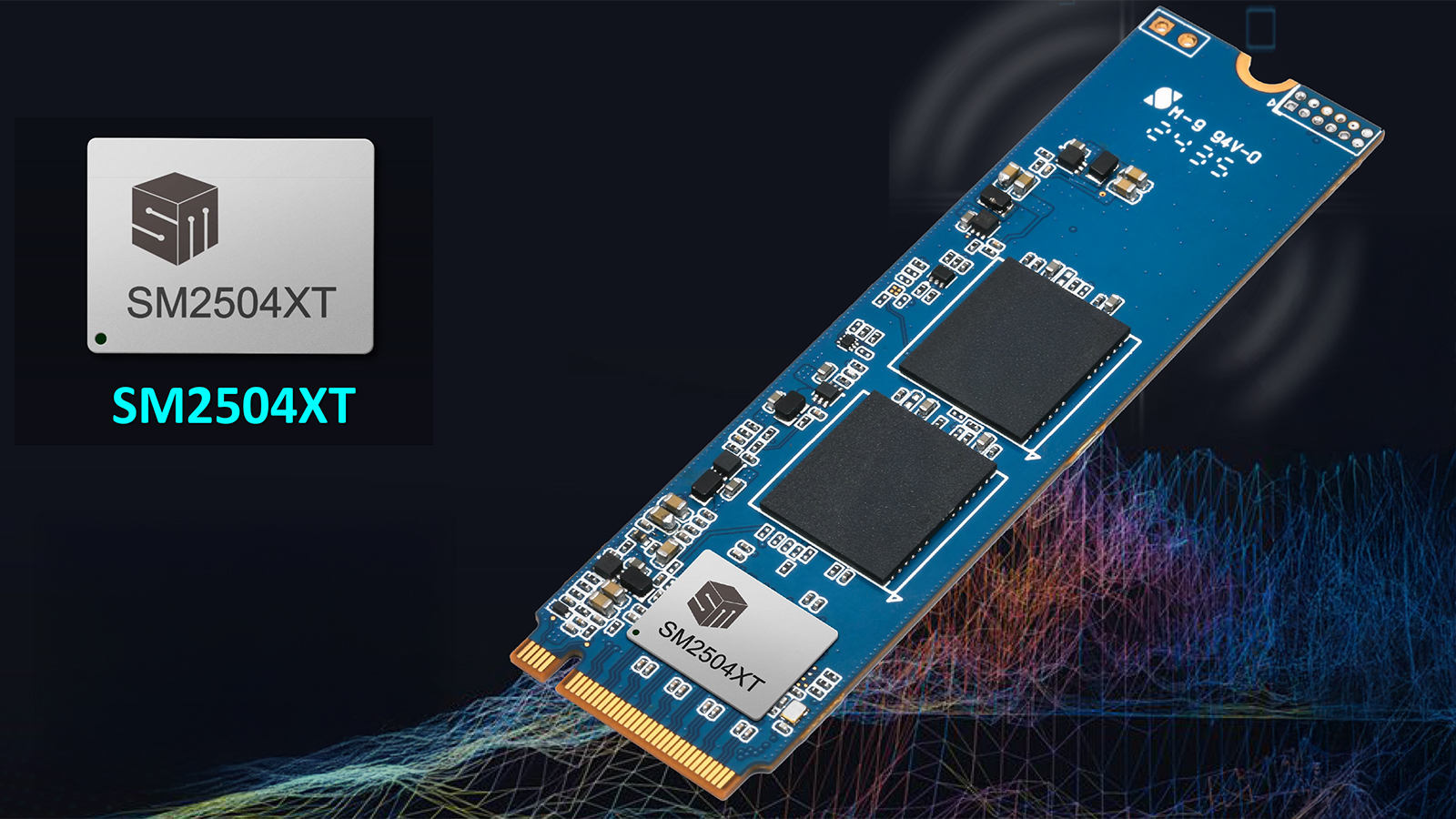
PCIe 6.0 x4 SSDs for PCs, which would increase peak bandwidth to up to 32 GB/s, will not be available until 2030, according to Wallace C. Kuo, chief executive of Silicon Motion, a major independent developer of SSD controllers. In fact, neither AMD nor Intel is interested in enabling this capability soon, Kuo told Tom's Hardware in an exclusive interview.
"You will not see any PCIe Gen6 [solutions] until 2030," Kuo said. "PC OEMs have very little interest in PCIe 6.0 right now — they do not even want to talk about it. AMD and Intel do not want to talk about it."
The chief executive of Silicon Motion said that PCIe 6.0 SSDs for consumer PCs will not become a reality till 2030. Therefore, PCIe 5.0 x4 drives will probably remain the best SSDs to buy for your rig for quite a while.
Back in the day, GPUs and solid-state drives for enthusiast PCs would adopt new iterations of the PCIe interface almost immediately after the specification's release. However, the complexity of PCIe 6.0 implementation has slowed down its adoption by both enterprise and client applications.
Costs and the lack of interoperability tests by PCI-SIG (for now) are among the significant reasons behind not adopting the PCIe 6.0 interface for the client PC market.
As PCIe data rates increase, signal loss, noise, and impedance reduce the allowable copper trace length between the root complex and endpoints. At 16 GT/s (PCIe 4.0), traces can reach up to 11 inches with a 28 dB loss budget, but at 64 GT/s (PCIe 6.0), this drops to 3.4 inches with a 32 dB budget, depending on PCB materials and conditions, according to an Astera Labs presentation.
While such lengths and loss budget may suffice for SSDs in laptop PCs, especially assuming that they use low-loss materials for interconnections (which increases pricing), they may be inadequate for connecting graphics cards on an ATX motherboard, given their complexity nowadays, especially using now-common riser cards for enthusiast-grade PCs that enable placing graphics cards perpendicularly to the PC chassis for everyone to see.
On the data center market, PCIe 6.0 retimers are a straight solution to the issue, but they are too costly for the consumer PC market. Therefore, the client system industry will need to find a way to leverage the additional bandwidth enabled by the new PCIe iterations without relying on high-performance hardware. Without any doubt, it will get there. The only question is when.
Follow Tom's Hardware on Google News to get our up-to-date news, analysis, and reviews in your feeds. Make sure to click the Follow button.







